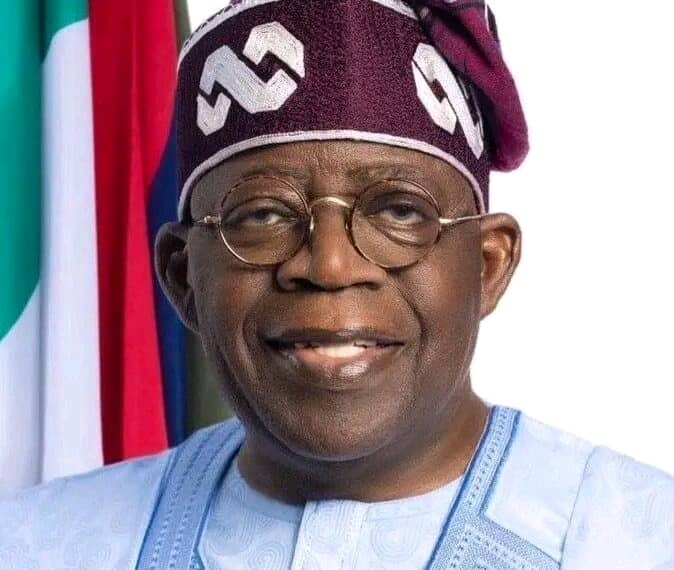President Bola Ahmed Tinubu has officially dissolved the board of the Nigerian National Petroleum Company Limited (NNPCL), which includes the removal of Group Chief Executive Officer (GCEO) Mele Kyari and Chairman Pius Akinyelure, along with all other board members appointed in November 2023.
In an announcement, the President introduced an 11-member restructured board, appointing Engineer Bashir Bayo Ojulari as the new GCEO and Ahmadu Musa Kida as the Non-Executive Chairman. These changes are effective immediately, as stated by Bayo Onanuga, Special Adviser to the President on Information & Strategy.
Emphasizing the need for “enhanced operational efficiency, restored investor confidence, and a more commercially viable NNPC,” President Tinubu exercised his authority under Section 59(2) of the Petroleum Industry Act (PIA) 2021 to implement this significant reorganization.
The newly formed board comprises Adedapo Segun, who continues as Chief Financial Officer (CFO), alongside six non-executive directors representing Nigeria’s geopolitical zones: Bello Rabiu (North West), Yusuf Usman (North East), Babs Omotowa (North Central), Austin Avuru (South-South), David Ige (South West), and Henry Obih (South East). Additionally, Mrs. Lydia Shehu Jafiya, Permanent Secretary of the Federal Ministry of Finance, and Aminu Said Ahmed, representing the Ministry of Petroleum Resources, will serve on the board.
The President has charged the new board with conducting a strategic review of NNPC-operated and Joint Venture assets to optimize value. This includes increasing crude oil production to 2 million barrels per day (bpd) by 2027 and 3 million bpd by 2030, boosting gas production to 8 billion cubic feet daily by 2027 and 10 billion by 2030, and expanding NNPC’s refining capacity to 200,000 bpd by 2027 and 500,000 bpd by 2030. The administration also aims to attract $30 billion in oil investments by 2027 and $60 billion by 2030, building on the $17 billion secured in 2024.
Ahmadu Musa Kida, the new Chairman, is a Borno-born engineer and former Deputy Managing Director of Total Nigeria. He also has a background in basketball, having served as the ex-president of the Nigeria Basketball Federation (NBBF). Bashir Bayo Ojulari, the newly appointed GCEO, hails from Kwara State and was previously the Executive Vice President of Renaissance Africa Energy, where he led a $2.4 billion acquisition of Shell’s Nigerian assets. He brings extensive experience from Elf and Shell, having worked across Europe and the Middle East.
President Tinubu expressed gratitude to the outgoing board for their contributions, particularly their efforts in reviving the Port Harcourt and Warri refineries, which have resumed production after years of dormancy. Analysts view this leadership change as part of Tinubu’s broader reforms in the oil sector, following last year’s removal of fuel subsidies and the promotion of private refinery investments. With the new team established, there are high expectations for enhanced transparency, efficiency, and profitability within Nigeria’s state oil enterprise.









